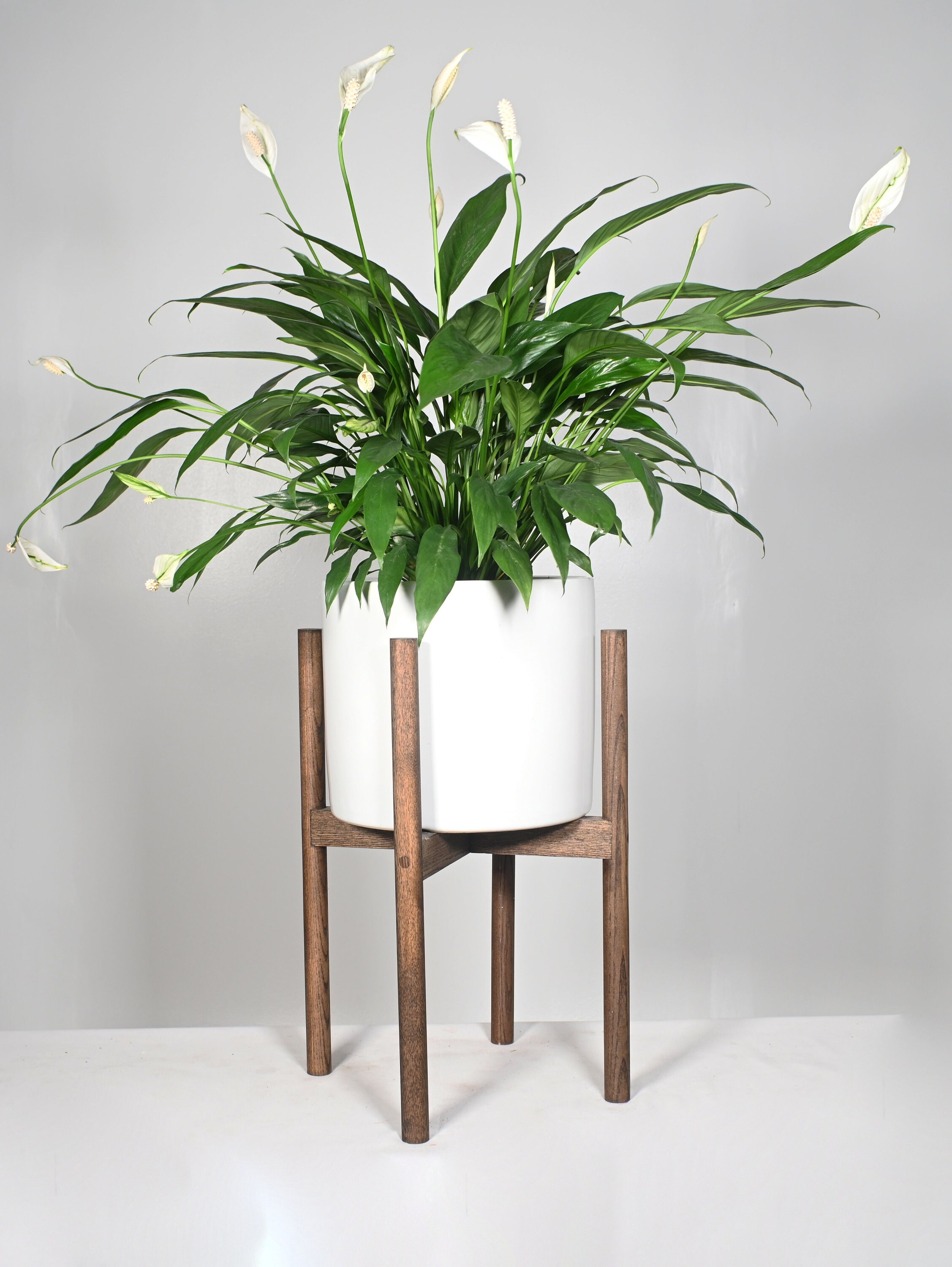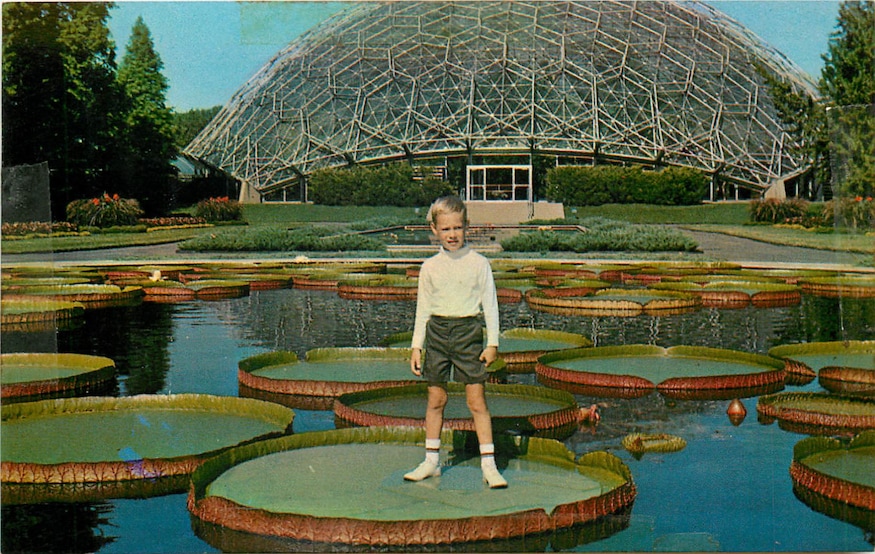
I also really liked Fangli, and how her need for a stand-in is developed into its own personal mental health journey. Gracie has been shrunk down by forces outside herself, and acting as Fangli empowers her to be looked at in safety.

I genuinely felt the detail of Gracie having stopped wearing perfume because of her boss’s sexual harassment, and feeling the joy of being able to wear it again as Fangli (and that’s speaking as someone who is allergic to perfume!). I liked that her masquerade as Fangli facilitates a personal journey. She has depression-related unproductivity and procrastination, and she freezes when confronted by her harassing boss. I most connected with Gracie in her realistic flaws.

Also unfortunately, he’s the most attractive person Gracie has ever seen. Unfortunately, Fangli’s best friend and co-star Sam Yao thinks this is a terrible idea. Hesitant at first, Gracie decides to accept the offer, not just for the money (which she needs to pay for her mother’s dementia care), but for the experiences and the chance to feel significant for once. It’s shock after shock when Fangli herself approaches Gracie with a proposition: impersonate the burned-out Fangli at PR events for a six-figure sum. Next, a paparazzo mistakes her for Chinese megastar Wei Fangli, who is in Toronto to star in a play. First, her boss sexually harasses and then fires her. Gracie Reed is the biracial daughter of a white Canadian man and a Chinese mother now struggling with dementia. Début novels can be a bit of a gamble, but I’m glad to report that Lily Chu’s The Stand-In is a risk worth taking.


 0 kommentar(er)
0 kommentar(er)
